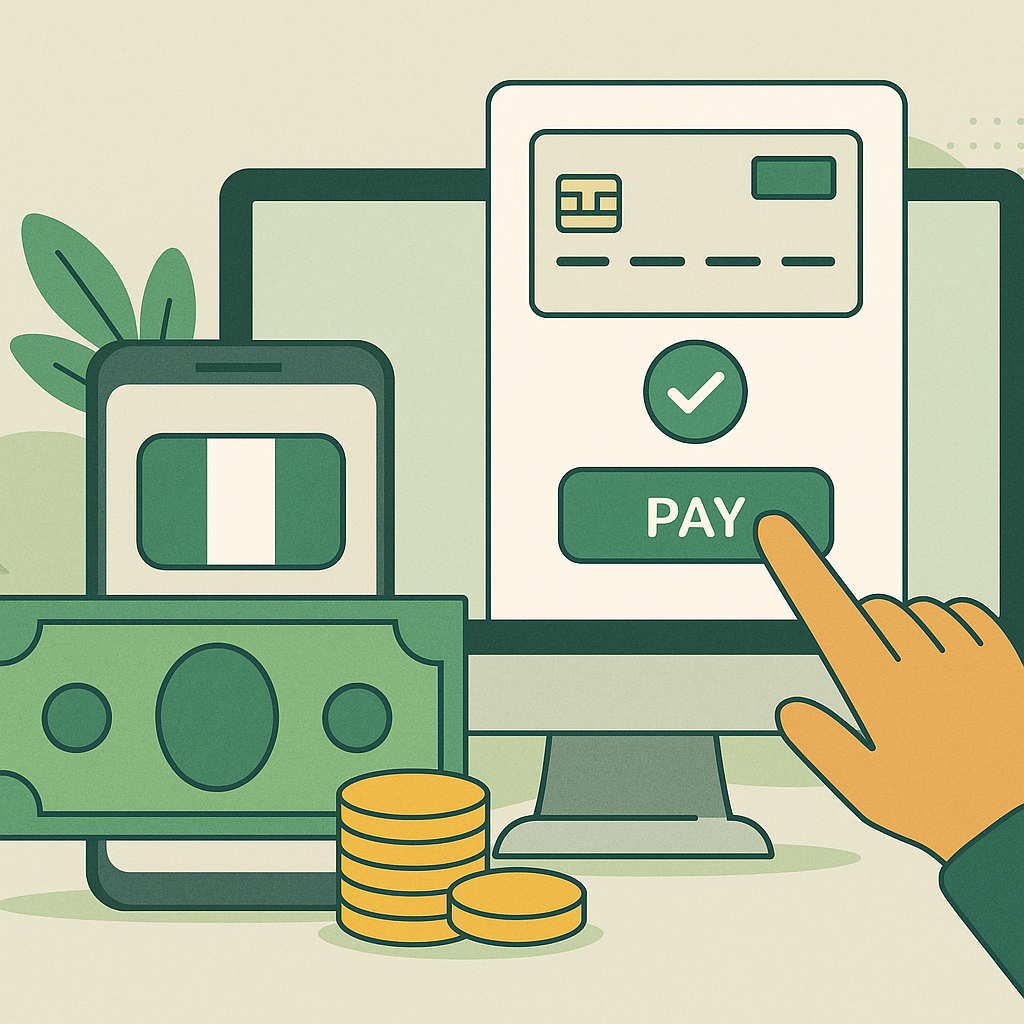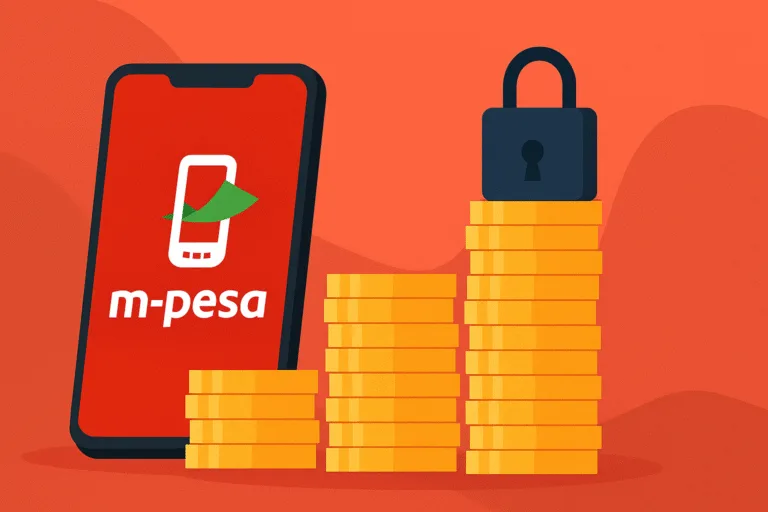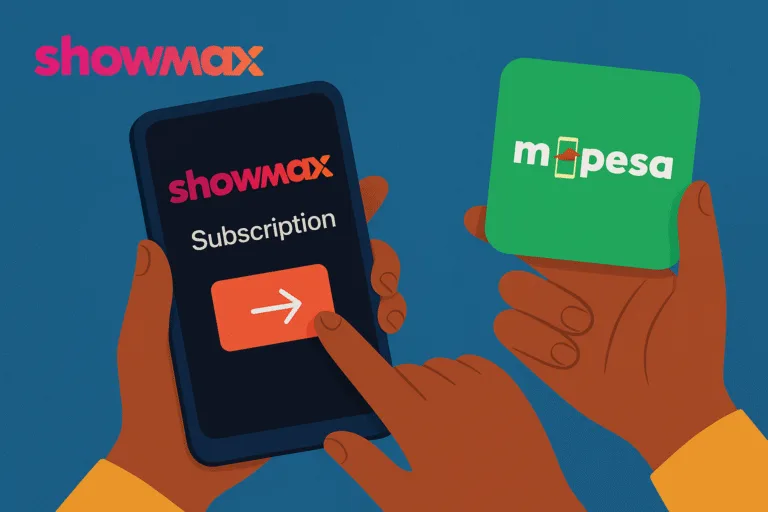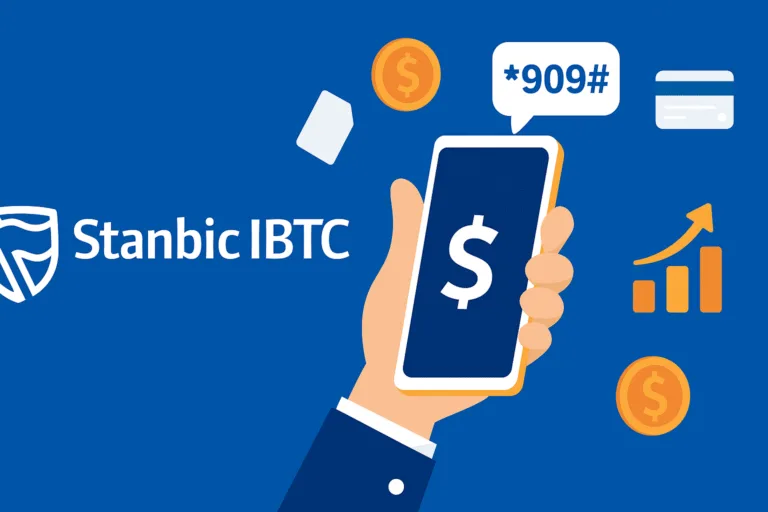As Nigeria continues to lead Africa’s digital transformation, the nation’s e-commerce and online payment sectors are rapidly expanding. But for businesses and entrepreneurs who want to tap into this growth, selecting the best Nigerian payment gateway is instrumental to success. Imagine a seamless transaction process where your customers experience zero friction from product selection to checkout, this is the power of choosing the right gateway.
In a market filled with options, from local giants like Paystack and Flutterwave to international players like PayPal, finding a payment solution that matches with your business needs, delivers security, and provides excellent customer experience can be daunting. This guide will unpack the top payment gateways in Nigeria, making it easy for you to pick one that drives your business goals.
What Are Payment Gateways and How Do They Work?
A payment gateway is essentially the bridge between your business and your customers’ payment method, be it a bank account, credit card, or mobile wallet. It handles the technical aspects of payment processing, such as encryption, verification, and the transfer of funds, making sure that the transaction is both fast and secure.
Without a reliable payment gateway, businesses may face high abandonment rates due to payment errors, security concerns, or slow processing times. Given Nigeria’s young population and burgeoning digital economy, customers expect transactions to be quick and adaptable to various payment methods, from card payments to bank transfers and mobile money.
In this context, let’s take a closer look at the the best payment gateway options available in Nigeria, comparing them on factors like transaction fees, ease of integration, security, and customer support.
Best Payment Gateways in Nigeria
1. Paystack
Paystack is perhaps one of the most popular payment gateways in Nigeria, and for good reason. Founded in 2015, Paystack quickly rose to prominence due to its user-friendly interface, security measures, and seamless integration. It has since been acquired by Stripe, a U.S.-based payment company, which has further boosted its credibility.
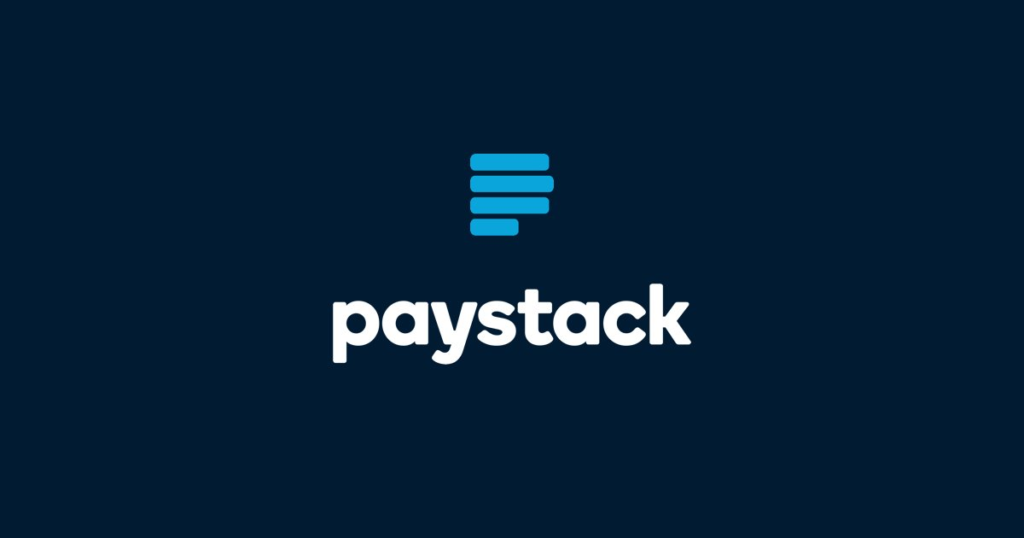
Features and Benefits:
- Ease of Integration: Paystack offers easy-to-implement APIs, making it a favorite among developers. It also provides plugins for major platforms like Shopify and WooCommerce.
- Multiple Payment Options: Customers can pay via cards, bank transfers, USSD, and even mobile wallets.
- Transparent Pricing: Paystack charges 1.5% + NGN 100 for local transactions (capped at NGN 2,500), and 3.9% for international transactions. No hidden fees make it attractive for small to medium businesses.
- Instant Settlements: Payments are settled within 24 hours, improving cash flow for businesses.
Drawbacks: The cap on fees might be less appealing for larger transactions, and while the fees are transparent, they may not be the lowest in the market.
2. Flutterwave
Flutterwave is another highly regarded payment gateway in Nigeria, known for its flexibility and global reach. With partnerships across Africa and even beyond, Flutterwave is an excellent choice for businesses targeting both local and international customers.

Features and Benefits:
- Wide Range of Payment Options: Flutterwave supports cards, bank transfers, mobile money, and various international payment options.
- Developer-Friendly: Like Paystack, Flutterwave offers robust APIs and SDKs that make it easy to integrate with websites, mobile apps, and other digital platforms.
- Affordable Fees: Flutterwave charges 1.4% for local transactions and 3.8% for international payments. Their rates are generally competitive, especially for businesses handling high volumes.
- Financial Services Integration: Flutterwave provides additional services like invoicing, virtual cards, and financing, which can benefit businesses looking for more than just payment processing.
Drawbacks: Some users report that the customer support could be more responsive, especially during high-volume periods or technical issues.
3. Interswitch
Interswitch is one of the earliest players in the Nigerian fintech space and remains a solid choice for established businesses. Their Webpay solution is a platform for companies looking for reliability and brand recognition.

Features and Benefits:
- Established Reputation: Interswitch’s long-standing reputation makes it a trustworthy option for many businesses.
- Supports Multiple Channels: Accepts card payments, bank transfers, and mobile money across multiple banks.
- Dedicated Customer Support: Known for providing relatively strong customer support, which can be a lifesaver in case of technical issues.
- Flexible Pricing Plans: Pricing is typically negotiated based on the business type and transaction volume, which can be advantageous for larger businesses.
Drawbacks: Its setup process can be more complex, and the fees may be higher than some newer options.
4. Remita
Remita is a widely used payment gateway in Nigeria, developed by SystemSpecs. Known for its versatility, Remita is popular among businesses, government agencies, and educational institutions. It offers a robust platform for collecting and making payments, handling payroll, and processing taxes, making it one of the most comprehensive payment solutions in the country.

Features and Benefits:
- Multiple Payment Options: Remita supports payments via bank accounts, debit/credit cards, mobile wallets, USSD, and even eNaira, Nigeria’s digital currency.
- Payroll Management: Beyond basic payment processing, Remita also provides payroll services, allowing businesses to pay employees directly through the platform.
- Direct Debit Collection: This feature allows businesses to set up recurring payments, ideal for subscription-based services.
- Integration: Remita offers easy integration with popular platforms like WooCommerce, Shopify, and custom-built websites, making it accessible for various business sizes.
- Versatile for Business and Government Use: Remita is trusted by large institutions and small businesses alike, showing its reliability across sectors.
Drawbacks:
- Transaction Fees: Some users have noted that transaction fees can be on the higher side, especially for smaller businesses.
- User Interface: While functional, Remita’s interface might feel a bit dated compared to newer, more modern platforms, which could be a drawback for businesses looking for a sleek, user-friendly experience.
Remita is ideal for businesses, educational institutions, and government agencies that need a flexible, multi-purpose payment gateway with payroll capabilities and a focus on local payment methods.
5. PayU
PayU is a global payment gateway solution that operates in various markets, including Nigeria. Known for its streamlined payment processing, PayU is particularly suited for businesses looking to expand internationally. With a focus on both e-commerce and mobile transactions, PayU is an attractive option for digital-first businesses looking to grow beyond local borders.

Features and Benefits:
- Global Reach: With operations in over 17 markets worldwide, PayU offers Nigerian businesses a platform to expand their reach internationally, making it ideal for companies looking to go global.
- Payment Methods: PayU supports a variety of payment options, including credit/debit cards, bank transfers, mobile money, and even QR code payments.
- Fraud Detection and Security: PayU has advanced fraud prevention and security measures in place to protect businesses and customers.
- Easy Integration: PayU provides APIs and SDKs for seamless integration with major e-commerce platforms and mobile apps.
- International Expansion: PayU’s global network enables Nigerian businesses to access international customers with ease, handling multi-currency transactions and cross-border payments efficiently.
Drawbacks:
- High Processing Fees for Certain Transactions: Some users have reported that international transaction fees can be relatively high, which may impact profit margins for smaller businesses.
- Customer Support: While PayU provides support, some users feel that response times could be improved, particularly for businesses that need immediate assistance with payment issues.
PayU is an excellent choice for Nigerian e-commerce businesses looking to expand internationally and capture a global customer base. Its extensive reach and mobile-centric features make it particularly suited for digital-first businesses with a growth-focused strategy.
Remita Vs. PayU: Which Payment Gateway is Best for Nigerian Businesses?
| Feature/Platform | Remita | PayU |
|---|---|---|
| Best For | Local businesses, government, educational institutions | E-commerce, global and mobile-first businesses |
| Payment Methods | Bank transfer, debit/credit card, mobile wallets, USSD, eNaira | Debit/credit card, mobile money, bank transfers |
| Global Reach | Limited primarily to Nigeria | Operates in 17+ markets worldwide |
| Additional Features | Payroll, direct debit, reporting and analytics | Multi-currency support, mobile payments |
| Security | Strong encryption and fraud detection | Advanced fraud prevention |
| Ease of Integration | Integrates with popular e-commerce platforms | APIs and SDKs for smooth integration |
| Drawbacks | Higher transaction fees, dated interface | High international transaction fees, limited customer support |
Both Remita and PayU offer distinct advantages as payment gateways in Nigeria. Remita excels for local businesses looking for versatile payment and payroll management, while PayU stands out for its global reach and mobile-focused capabilities. Choosing between the two largely depends on your business goals. If your focus is local, Remita might be the better fit. However, if you’re pursuing international growth, PayU could provide the tools and reach you need.
What to Consider When Choosing a Payment Gateway in Nigeria
- Transaction Fees: Make sure that the gateway you choose matches with your business volume and budget. Some gateways cap transaction fees, which can be beneficial for high-value transactions.
- Payment Methods Supported: Look for gateways that support multiple payment options, especially if your customers are diverse in their payment preferences.
- Security: With cybercrime on the rise, selecting a PCI-DSS-compliant payment gateway that employs encryption and tokenization is necessary for protecting your customers’ data.
- Integration and User Experience: A gateway that offers APIs and plugins for popular e-commerce platforms will make integration easier and improve the user experience for your customers.
- Customer Support: Look for a gateway with responsive customer support to address any technical or operational issues swiftly.
- Settlement Time: The speed at which you receive funds can impact cash flow. Some gateways offer next-day settlements, which can be advantageous for daily operations.
Selecting the best payment gateway in Nigeria isn’t just a decision, it’s a strategic move that can drive revenue, boost customer satisfaction, and set you apart from the competition. There’s a solution for every business model and budget. Remember that while transaction fees and payment options matter, the gateway’s security, ease of use, and customer support are equally important.

